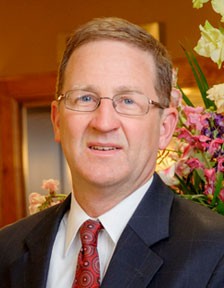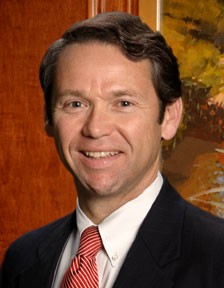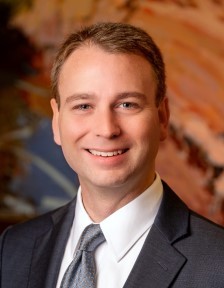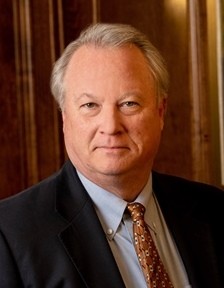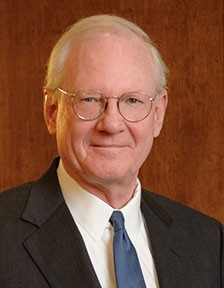Disaster Litigation
Regardless of whether it’s an airplane crash, large truck accident, gas explosion, or major fire, Lanier Ford attorneys are experienced in litigating claims arising from disasters. Many of these claims are centered in products liability, wrongful death, and catastrophic personal injury. And if we were to choose one word to describe disaster litigation, it would be “complex.” Disaster litigation involves complicated legal issues and factual patterns that require careful investigation and study.
In addition, disaster litigation is complex because of multiple possible causes and therefore multiple parties that become involved:
- Operators (pilots, drivers, public entities).
- Maintenance personnel and suppliers of repair parts (who are frequently contractors or vendors of the operators).
- Manufacturers of the equipment (especially their liability for undetected manufacturing or design defects).
- Engineers and other professionals who design and test the equipment. These are not limited to the professionals involved in creating the larger product (airliner, tractor-trailer truck, electrical distribution system), but also those involved with the components of such systems (landing gear, trailer hitches, and transformers, for example). Sometimes the professionals are the engineers who design the system the larger product uses (airports, highways, and piping).
- Insurance companies.
- Governmental investigative bodies, such as the Federal Aviation Administration (FAA) and the National Transportation Safety Board (NTSB), who may be very slow in conducting investigations and issuing final reports.
Lanier Ford’s attorneys have hands-on experience in dealing with the complexities of competing parties to “blame” for the disaster, as well as the potential conflicts of interest that arise from such complexity. We know that our job is to find out what happened, how it happened, and why it happened.
In view of the high stakes and high visibility of disasters, Lanier Ford’s disaster defense attorneys are well aware of the challenges of the litigation and parties involved, especially the emotional involvement of the family members of the victims. Often the grieving family members may be more motivated to find out “what really happened” than in receiving financial reward. One thing is sure: Once the scope of the disaster becomes apparent, from dozens to hundreds of lawsuits are likely to be filed—another characteristic of disaster litigation that makes it complex.
Lanier Ford attorneys are experienced in negotiating favorable settlements for our clients, which may include securing stipulations of liability in exchange for waivers of punitive damage claims. But our attorneys will also not hesitate take a case to trial, but only after careful analysis and developing successful strategies for the litigation. Some of these strategies involve—
- Ending the litigation through filing a motion to dismiss or for summary judgment.
- Thorough vetting and deposition of expert witnesses.
- Careful voir dire of the jury—especially because, these days, juries generally expect disasters with major transportation and other systems are not supposed to happen.
- Knowing the evidentiary limitations and dangers of the reports, accident briefs, and other documents created by the investigating government bodies.
Knowing that these reports are often road maps to liability, Lanier Ford’s attorneys understand the importance of analyzing—
- The timeliness of such reports and other documents.
- The investigator’s skill and experience.
- Consideration of any hearings. Were they conducted, how were they conducted, and who conducted them?
- Possible bias and motivation of the various investigators, who may include representative of the very people who may be blamed for the disaster.
In short, Lanier Ford is ready to represent businesses and local government entities when an unfortunate disaster strikes.
See related service areas:
© 2019


